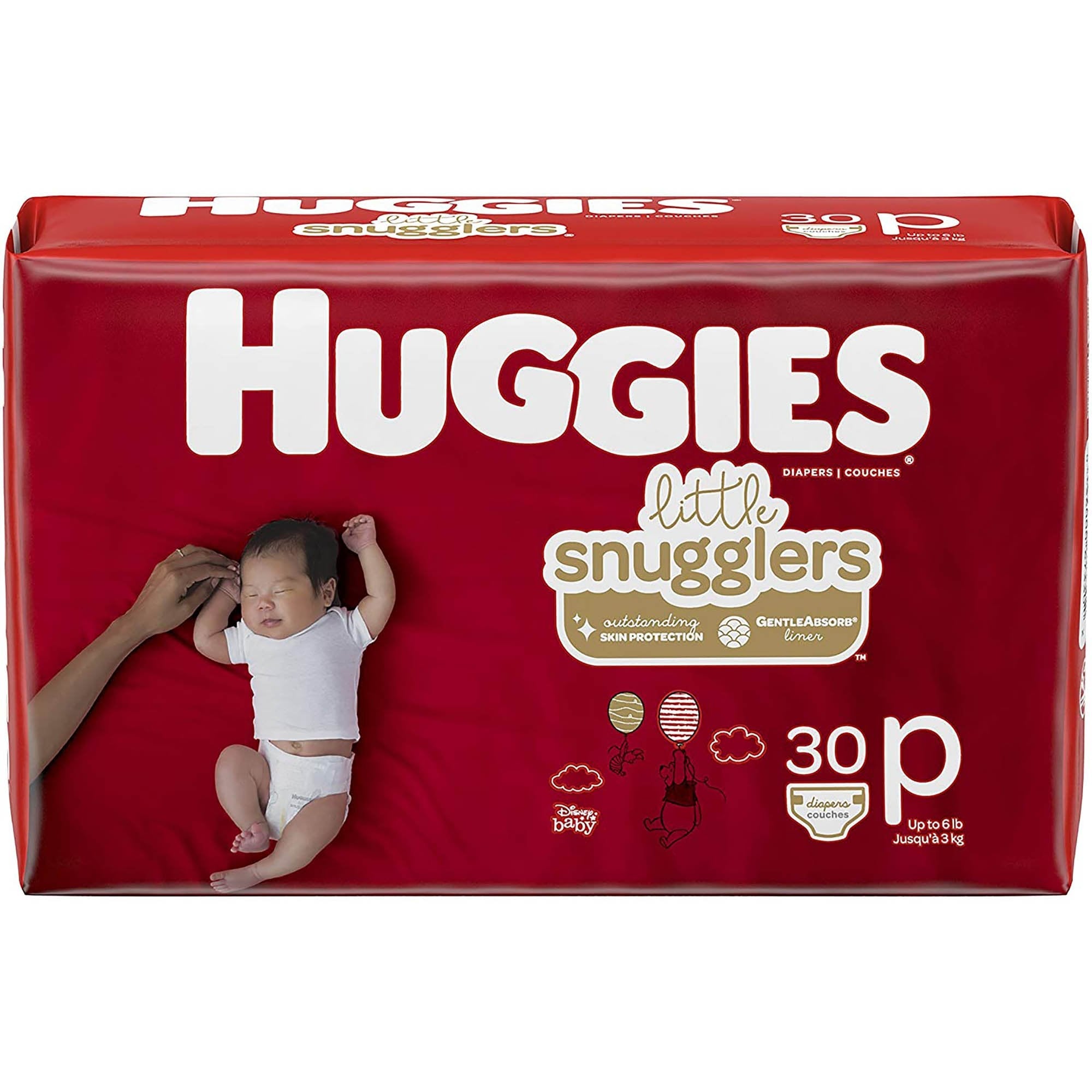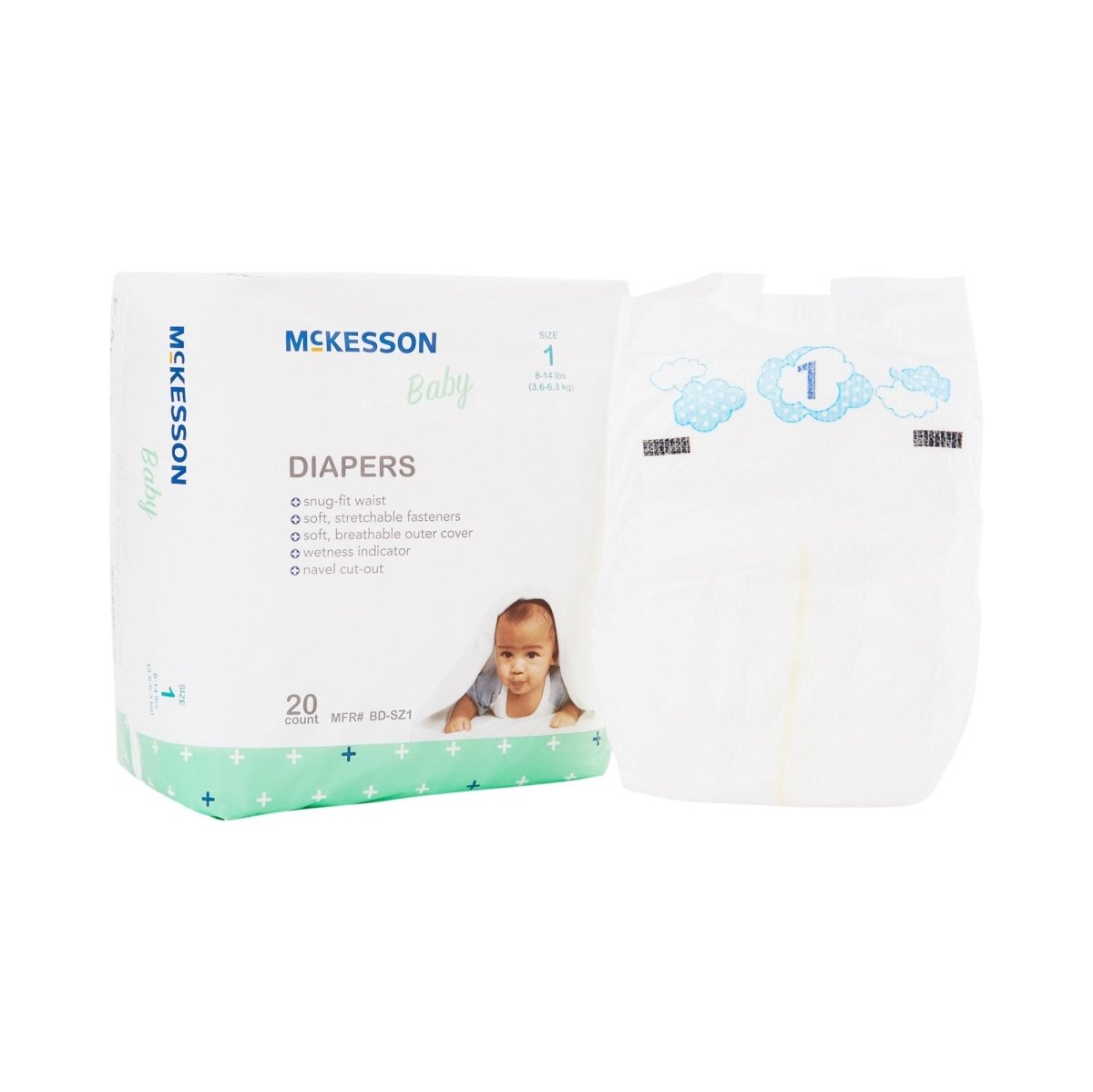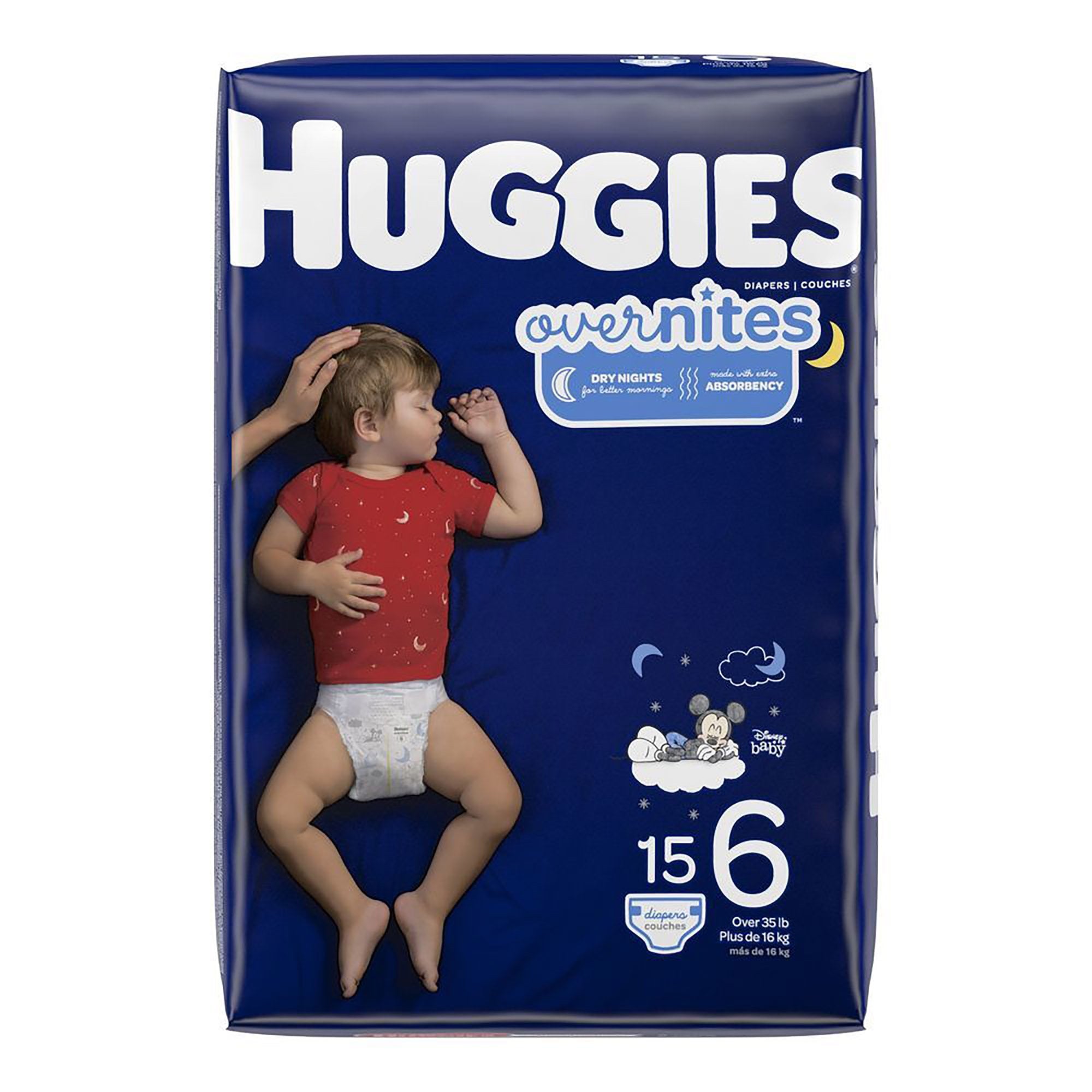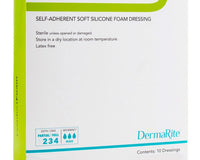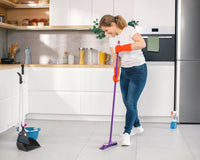Welcome to the world of parenthood! If you're reading this, it's likely you're trying to figure out how much diapers to buy for your newborn. With the arrival of a new baby, you want to be prepared without going overboard. Navigating the baby aisle can be overwhelming with so many options and sizes available. Don't worry; we've got you covered with a quick guide to help you stock up effectively, ensuring your baby's comfort and your peace of mind. Order online here for convenient shopping and doorstep delivery!
During the first few months of life, newborns go through diapers at an astonishing rate. On average, a newborn can use about 10 to 12 diapers a day in the early weeks. This number may decrease as they grow, but it's essential to have an ample supply on hand to avoid last-minute dashes to the store. Just as every baby is unique, so is their diaper needs. Factors such as their age, size, and feeding habits will influence the quantity you'll need. The objective of this guide is to provide you with a clear understanding of these factors so you can make an informed decision on the quantity to purchase for your little one's early days.
Understanding Newborn Diaper Usage

Understanding newborn diaper usage is crucial for new parents looking to maintain an adequate supply. During the first month, a newborn may need a diaper change approximately every two to three hours, which equates to around 10 to 12 diapers per day. This high frequency is due to their small bladders and the fact that breastfed babies may digest their food faster, leading to more frequent bowel movements. As your baby grows, the number of diaper changes typically decreases. By the time they reach four to six months old, they might only need about 8 diapers a day.
It is also important to note that diaper usage can vary from one baby to another. Some babies have more sensitive skin and may require more frequent changes to prevent diaper rash, while others might have a different feeding and digestion schedule that could alter the number of diapers used. Keeping track of your baby's patterns will help you better estimate their needs. Additionally, it's wise to pay attention to how your baby fits into a particular diaper size, as a too-tight or too-loose diaper can lead to leaks and require more frequent changes.
An unexpected increase in diaper usage can happen if your child experiences bouts of diarrhea or other health concerns that result in more frequent changes. For this reason, having a buffer stock of diapers at home is advisable, to ensure you're prepared for any unexpected situations.
Calculating Diaper Stock for Your Newborn
Calculating the right amount of diaper stock for your newborn is essential to avoid both shortages and excess that could lead to waste. The calculation should begin with the estimated daily usage of 10 to 12 diapers for a newborn. Multiplying this by the number of days in a month gives you a baseline of approximately 300 to 360 diapers for the first month alone. However, as babies grow, their diaper usage generally decreases. By calculating the number of diaper changes based on your baby's age, you can adjust your stock levels accordingly.
When calculating diaper stock, also consider:
- The potential for growth spurts, which might increase the frequency of diaper changes.
- Special circumstances such as traveling, which may require a larger stockpile.
- Purchasing diapers in bulk to save on cost, taking care not to buy too many of one size as your baby will outgrow them.
It's also helpful to keep a variety of sizes on hand. Many parents find that their babies move to the next size up sooner than they expected. Starting with a supply of newborn size diapers and also having a pack of size 1 can prepare you for that growth spurt. To manage your stock, store diapers in a clear, accessible location and rotate your supply to use the oldest ones first. This will help prevent any from going unused due to your baby outgrowing the size.
Finally, don't forget to take into account the return policies of stores where you purchase diapers. If you do overbuy, a store with a flexible return policy can be very beneficial.
Types of Diapers: Pros and Cons for Newborns

When stocking up on diapers for your newborn, it's important to understand the different types available and their respective advantages and disadvantages. The two main categories are disposable diapers and cloth diapers.
Disposable Diapers:
- Pros: They are convenient, highly absorbent, and great for on-the-go use. Disposable diapers are also fitted with indicators that show when a change is needed.
- Cons: They can be more expensive over time and are less environmentally friendly. Some babies may also have skin sensitivities to the materials used.
Cloth Diapers:
- Pros: Cloth diapers are reusable, more cost-effective in the long run, and eco-friendly. They come in a variety of materials and can be softer against the baby’s skin.
- Cons: They require laundering, which can be time-consuming, and may not be as absorbent as disposables, potentially leading to more frequent changes.
Besides these two main types, there are also biodegradable diapers that offer an eco-friendly disposable option, though they may come at a higher cost. Additionally, some parents opt for a hybrid approach, using cloth diapers at home and disposables when out and about.
Each type of diaper has its own set of pros and cons, and what works best will depend on your lifestyle, budget, and concern for the environment. It's often worth trying out a few different types before settling on the one that fits your family’s needs the most effectively.
Tips for Buying Diapers in the Right Quantity

Purchasing the correct amount of diapers for a newborn can be a challenging task for new parents. Here are some helpful tips to ensure you buy just enough without overstocking:
- Consider Baby's Growth: Newborns grow quickly, so they won't stay in the smallest diaper size for long. Buy just one or two packs of newborn diapers before moving up sizes.
- Stockpile Gradually: Take advantage of sales and discounts by buying diapers in various sizes. This way, you'll be prepared as your baby grows without having an excess of smaller sizes.
- Monitor Usage Patterns: Keep track of how many diapers your baby goes through each day to better estimate monthly needs. On average, newborns may use 10-12 diapers per day.
- Subscribe and Save: Consider subscription services that deliver diapers regularly. They offer convenience and can sometimes provide savings over one-time purchases.
- Gifts and Baby Showers: Remember that friends and family often gift diapers. Request different sizes to extend the usefulness of these gifts.
- Exchange and Return Policies: Check the exchange and return policies where you buy diapers. If you have unopened packs that your baby has outgrown, you may be able to swap them for the next size up.
By keeping these tips in mind, you can avoid the common pitfall of over-purchasing diapers, saving space and money. Additionally, it's essential to consider your baby's comfort and potential skin sensitivities when choosing a brand or type, ensuring your little one stays happy and rash-free.
Managing Diaper Supplies and Anticipating Growth

Effectively managing your diaper supply is crucial as your newborn grows and changes. It is important to anticipate growth spurts and to be flexible with your diaper inventory. Here's how:
- Track Growth Trends: Regularly measure your baby’s weight and length. This will give you a clear indication of when it’s time to size up in diapers.
- Flexible Storage: Designate an area in your home for diaper storage that can adapt to different sized packages as your baby grows.
- Stay Informed: Keep up-to-date with developmental milestones that might affect diaper needs, such as starting solids, which can change diaper usage.
- Be Prepared for Emergencies: Always have an extra pack of the current size and the next size up to avoid any urgent runs to the store.
By staying organized and informed, you can ensure that you are never caught off-guard by your baby's development. Remember to monitor diaper fit and comfort regularly; a diaper that is too tight can cause discomfort and skin issues, while one that is too loose can lead to leaks and messes.
At Cart Health, we understand that your baby's comfort and your convenience are paramount. Order online here for convenient shopping and doorstep delivery! With a wide variety of diapers and a commitment to your baby's health, we'll help you manage your supplies effortlessly as your little one grows.


